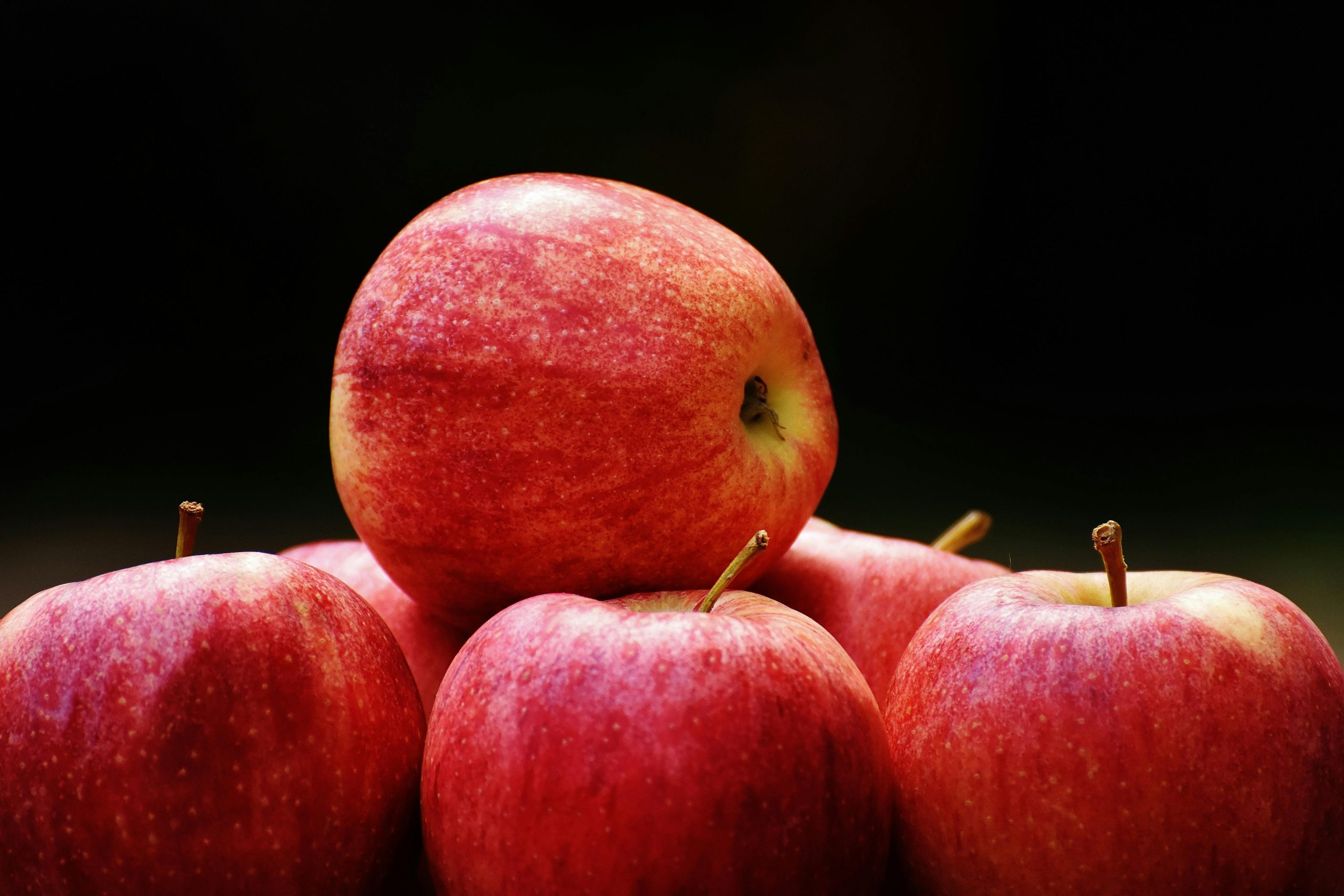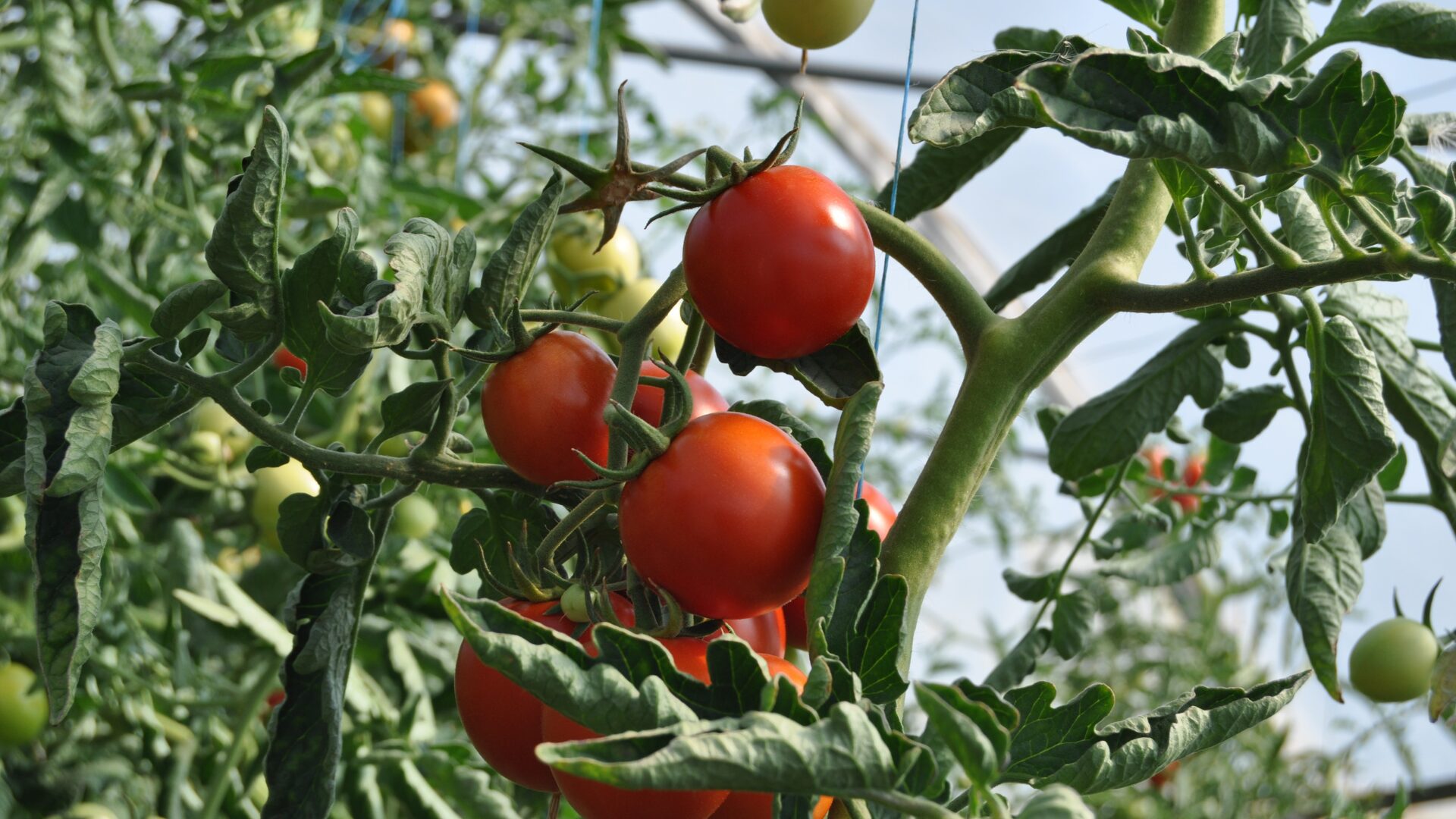National Beef Packing Co. LLC has postponed the planned $100 million expansion of its Tama, Iowa, plant, citing rising costs, Meat+Poultry reported (June 10).
In March 2021, the company announced the expansion, which would have doubled capacity to 2,500 head of cattle per day at Iowa Premium Beef. The new facility would have added 400 employees to the payroll upon completion in 2024.
The company had been awarded $14 million in tax incentives from the state and a three-year property tax abatement from the city. It has not yet received any taxpayer dollars.
Iowa State University economist Lee Schulz told the Des Moines Register the extra processing capacity would have been welcomed. Iowa farmers daily send some 6,800 head of cattle outside the state to be processed.
In other agriculture news:
Smithfield: Operations at Smithfield Foods’ Farmer John plant in Vernon, California, are to end early next year because of increasing business costs, the company announced. The Smithfield, Virginia, company also plans to reduce its sow herd in Utah and is looking for ways to exit its farms in Arizona and California.
Wheat: A bumper wheat harvest in Australia could ease fears of famine prompted by Russia’s blockade of Ukrainian ports. Australia’s crop is estimated at 30.3 million tons, 22% above the 10-year average, Bloomberg reported based on estimates from forecaster Abares. Wheat from the Black Sea region usually makes up more than 25% of global shipments. Meanwhile, the U.S. winter wheat crop is down 7% from 2021, the USDA reported.
GMOs: Brazil, in a move to become more self-sufficient in light of tight global supplies, is testing genetically modified wheat designed to withstand drought, Reuters reported. The HB4 variety is produced by Bioceres, an Argentine company.
Bird flu vaccine: The European Union is pushing for approval of a vaccine against highly pathogenic avian influenza, The Guardian reported. Trials already are underway in France to assess efficacy in ducks and geese. Twenty European states have reported bird flu outbreaks this year.
PFAS: Highland Dairy in Clovis, New Mexico, was forced to slaughter its 3,665 cows because of PFAS pollution from nearby Cannon Air Force Base, the Los Alamos Daily Post reported (June 8). The cows were culled because of high levels of PFAS in their blood, Environment Cabinet Secretary James Kenney said. Kenney sharply criticized the Defense Department for its handling of the situation. PFAS are considered hazardous waste.
Stay up to date on inflation developments using The Food Institute’s Inflation Central page: Click Here












